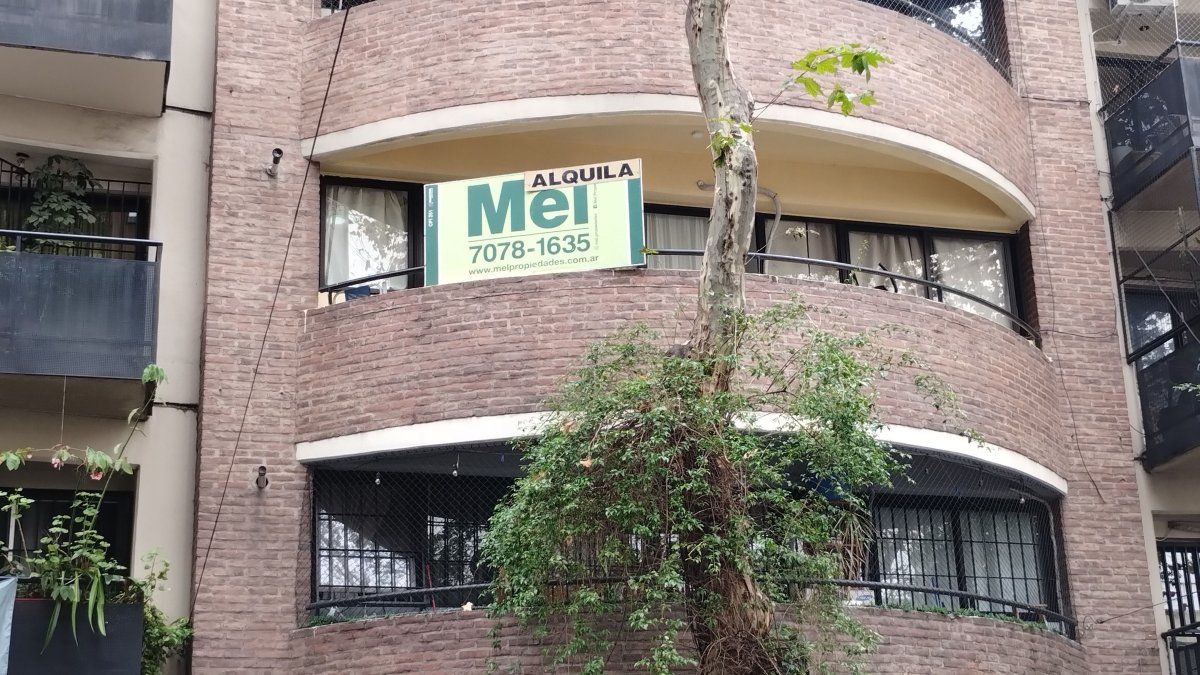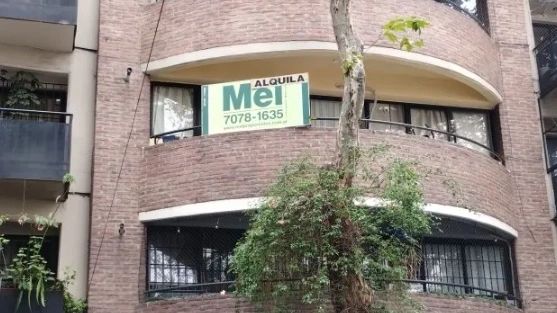BuySellBA
Administrator
The price controls that keep the real estate industry captive - Ambito

Source:

El control de precios que mantiene cautiva a la industria inmobiliaria
El sistema de colegios inmobiliarios y la matrícula obligatoria, heredados de decretos de la dictadura y reforzados en democracia, mantienen trabado al mercado con controles de precios, burocracia y privilegios corporativos. Para muchos especialistas, liberar la competencia es clave para...
October 07, 2025
By Jorge Amoreo Casotti
The system of real estate associations and mandatory registration, inherited from dictatorship decrees and reinforced during the democracy, keep the market locked down with price controls, bureaucracy, and corporate privileges. For many specialists, freeing up competition is key to modernizing the sector and benefiting consumers.

The law arbitrarily imposes minimum and maximum percentages for commercial intermediation services.
In response to the discussions on the topic of real estate deregulation, several voices were raised defending the logic of controlled markets in Argentina through real estate associations and mandatory registration, among other tools.
The central argument focuses on the alleged "deprofessionalization" that would result from competing with other models of suitability certification. However, the appeals to fear due to alleged legal uncertainty and the comparisons with medical science are nothing more than rhetorical maneuvers to maintain their privileges through state coercion. This is not about protecting consumers, but about perpetuating a regulatory system designed to keep power in the hands of a few.
Let's go back a bit to understand price controls in the sector. In 1973, in the context of a military dictatorship, a decree imbued with the authoritarianism of the era arbitrarily elevated an essentially commercial activity to the status of a "profession." This move, more politicized than technical, opened a Pandora's box that, for more than half a century, prioritized the network of influences and political manipulation of the self-proclaimed leaders of the industry over the true development of the sector, innovation, and, ultimately, consumer well-being.
That era, known as the "Bureaucratic and Authoritarian State," was not only characterized by its violence and voracious interventionism, but also trampled on fundamental individual values, violating rights enshrined in the Constitution, such as freedom of association and freedom of trade. These rights were replaced by the motto "discipline and punish." In the name of the doctrine of national security, the public forces were granted the exclusive power to define the overall objectives of the Argentine people, appropriating the collective will under the guise of being the "moral reserve of the nation."
It was in this dark context, antithetical to the principles of an open society and contrary to the liberal tradition, that the creation of the so-called "real estate associations" was conceived. General Lanusse, through the decree that gave rise to Law 20,266, laid the regulatory foundations for these bureaucratic bodies, later reinforced by Law 25,028 in 1999. These originally flawed entities, with their purported mission of being "guardians of morality" and "masters of what is appropriate," proclaimed themselves the arbiters of what is right in the real estate industry, replicating almost verbatim the discourse of control and domination of the military of that era, and to this day they maintain the spirit of "monitor and punish."
The decree in question, which elevated what had always been a commercial activity to the status of a "profession," fostered institutions more preoccupied with personal political adventures, the creation of artificial barriers, the imposition of sanctions through invented regulations, and, above all, price controls as labyrinthine as they are absurd. The result is a sector hijacked by bureaucracy, in which innovation and consumer well-being are relegated to the background, crushed under the weight of a structure more interested in perpetuating privileges than in generating real value.
The deliberate confusion between "profession" and "professional conduct" has served as the perfect tool to sustain these corporatist structures and complicate the basic instructions required to operate in any industry. An aviation broker, whose work involves greater technical complexity and higher risks, as well as much more expensive operations, does not require a centralized, monopolistic oversight body to validate its performance.
The ability to build trust with its clients is what keeps it in the spotlight. The real estate industry, on the other hand, has been trapped in a labyrinth of useless regulations, where 21 regimes and dozens of departmental jurisdictions arbitrarily determine, among other things, minimum and maximum operating prices, in a system as opaque as it is inefficient.
The consequences of price controls
Let's delve into the consequences of price controls. The law arbitrarily imposes minimum and maximum percentages for commercial intermediation services. These percentages depend not only on the type of transaction (rental, purchase, sale, auction, commercial contracting, etc.), but also vary by province, jurisdiction, and even the client profile.Some regulations create complex distinctions between buyers, sellers, guests, and tenants, adding intricate criteria such as classifying properties as single-family homes, single-family homes, or other unnecessary categories. Rather than providing clarity or fairness, this regulatory labyrinth only creates confusion, paralyzes market development, and causes profound and unnecessary harm to consumers by perpetuating harmful price controls.
The situation becomes even darker when one observes the persecutory practices against those industry players who operate successfully and enjoy public trust, but without the "blessing" of the license they invented through useless regulations. To this day, hundreds of public humiliations can be found against individuals who, without submitting to the requisite rites, manage to stand out in the market.
The regulatory tangle has not only stifled innovation and restricted competition, but has also turned consumers into hostages of a system sustained by coercion rather than service quality. Minimum rates, fixed fees, and penalties for unregistered practice are ultimately tools of control that harm those seeking to freely access the market.
The Argentine real estate market needs genuine competition. True professionalization is not imposed by decree; it is achieved through open competition. Argentina deserves a market where the only judges are quality, efficiency, and freedom. Breaking these chains is not an option; it's a necessity. Bureaucracy and corporatism have proven to be obstacles to progress, and only strategic liberalization can restore the market to the vitality and fairness it so desperately needs.
www.buysellba.com

